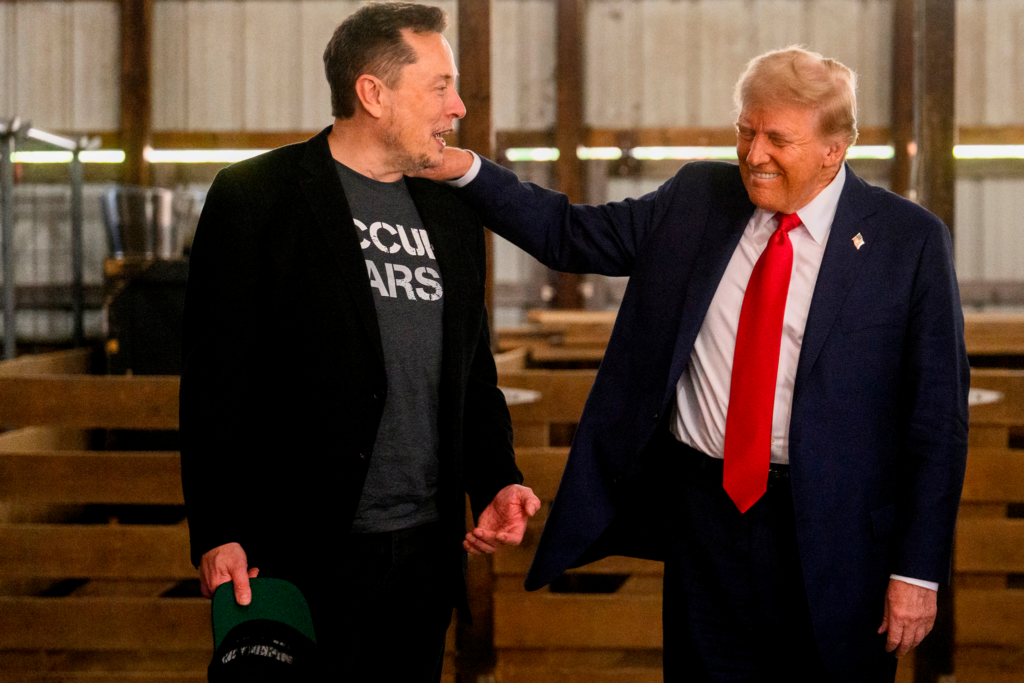Two tech powerhouses are shifting strategies in the race for global internet dominance. Alphabet, the parent of Google, has launched Taara as an independent firm to challenge connectivity norms without relying on satellites. Meanwhile, SpaceX urges former U.S. President Donald Trump to dismantle international trade restrictions that block Starlink’s global expansion. Both moves reflect rising stakes in the satellite internet industry and mounting competition from China’s Qianfan constellation.
What’s Happening & Why This Matters
Alphabet Spins Off Taara to Deliver Satellite-Free Internet with Lightbridge Technology
Alphabet has spun off its Taara project, which has been incubating in its Moonshot Factory (X) for five years, into a fully independent company. Taara focuses on a disruptive internet delivery method, using a proprietary Lightbridge technology to transmit data through narrow, invisible beams of light rather than relying on satellite constellations or fiber optic cables. These airborne light transmissions can reach up to 20 gigabits per second and cover distances up to 20 kilometers.

This innovation directly challenges satellite internet models, particularly those used by SpaceX’s Starlink, by offering a ground-based alternative that bypasses the need for orbiting hardware. Taara’s technology does not require spectrum licenses, trenching, or right-of-way permits, drastically reducing costs and deployment times. Installations can reportedly be completed in hours, making it a flexible option for remote and underserved regions.
Major telecom operators, including T-Mobile and Vodafone, have already tested the Lightbridge system. Taara has received funding from Series X Capital, with Alphabet retaining a minority share. The company is developing a silicon photonic chip to miniaturize its equipment for mass deployment in 2026. The move positions Taara as a cost-effective, scalable solution for bridging the global digital divide.
SpaceX Pushes Trump for Trade Action to Protect Starlink’s Global Reach
In contrast, SpaceX is intensifying its lobbying efforts with the Trump administration, seeking assistance to dismantle international trade barriers that it says are stalling Starlink’s growth. In a formal communication to the Office of the U.S. Trade Representative, SpaceX highlighted that China’s Qianfan “Thousand Sails” satellite network is expanding rapidly in over 30 countries, posing a strategic threat to U.S.-based satellite services.
Starlink now serves over 125 global markets and argues that foreign governments are erecting obstacles through excessive spectrum fees, import duties, and bureaucratic red tape. According to SpaceX, these tactics act as protectionist barriers, inflating the price of equipment and stifling adoption, particularly in developing nations. SpaceX warns that Starlink’s competitiveness will erode without U.S. intervention, giving Chinese providers a dominant edge in critical markets.
The company further states that mandatory spectrum sharing agreements and domestic prioritization rules effectively serve as non-tariff barriers, restricting Starlink from offering uninterrupted high-speed internet. Although SpaceX did not suggest specific remedies, it hopes that the U.S. Trade Representative’s forthcoming report to President Trump will include proposals for retaliatory tariffs or trade reforms designed to protect U.S. space technology interests.

The timing is crucial. The Trump administration is already exploring new trade actions targeting Canada and the European Union, and SpaceX’s plea aligns with broader concerns about China’s influence in critical technology sectors. The request underlines SpaceX’s urgency to maintain global leadership and expand Starlink’s footprint without regulatory interference.
TF Summary: What’s Next
As Alphabet’s Taara breaks ground with satellite-free internet and SpaceX fights for trade policy support, the race to deliver affordable global connectivity is reaching new heights. Both companies are betting on different models to dominate an increasingly crowded and geopolitically charged space. Government responses and international regulations will now play a defining role in shaping who connects the following billion users.
— Text-to-Speech (TTS) provided by gspeech


